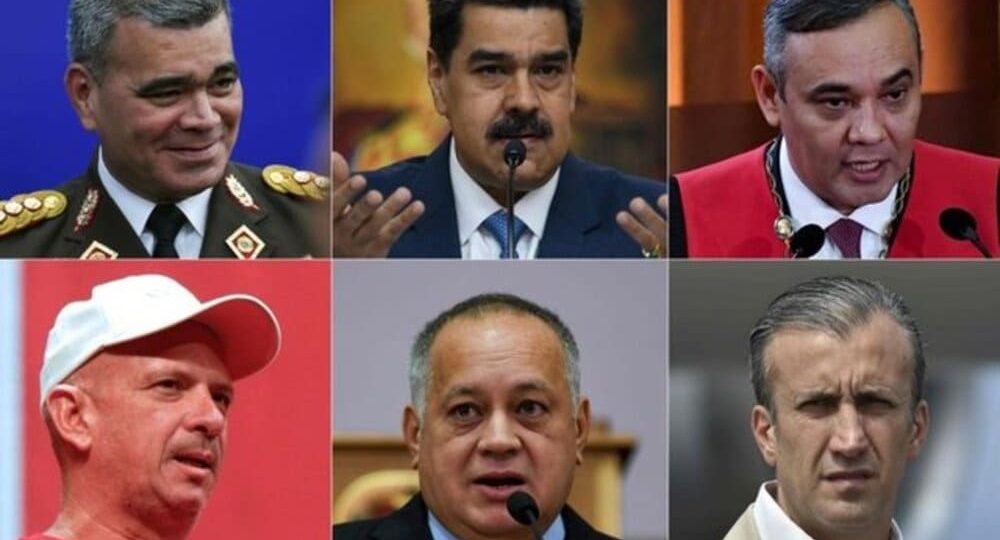The potential collapse of Nicolás Maduro’s administration in Venezuela has resulted in an uncertain situation for governments aligned with the so-called 21st-century socialism, such as the LIBRE Party in Honduras. Both internal and external elements, including splits within Chavismo and global pressure, put the Honduran governing party in a precarious spot against the opposition and the public.
LIBRE’s dependence on international support and fragility
Specialists in Latin American politics point out that LIBRE’s strength has been largely based on ideological and logistical ties with Venezuela, Cuba, and Nicaragua. The eventual fall of Maduro would mean the loss of political and economic support that is essential to maintaining the stability of Xiomara Castro’s government. This could leave the ruling party exposed to the opposition and public opinion, limiting its political and administrative maneuverability.
The situation in Venezuela reflects a weakening of the Chavista regime: key military sectors have broken with the government, while international pressure is intensifying through coordinated actions by opposition leaders and foreign governments. Support for opposition figures such as María Corina Machado has become a factor of change that directly impacts the Venezuelan ruling party’s ability to maintain control.
Risks of regional destabilization
The decline of Chavismo presents challenges for analogous political movements in the area. The LIBRE Party, which has sustained a strong connection with Caracas, might encounter considerable political and diplomatic seclusion. Experts caution that losing backing from Venezuela could alter the electoral and domestic political landscape in Honduras, while heightening pressure on other governments aligned with regional socialism.
The opposition in Honduras has intensified its actions to take advantage of this scenario, as comparable activities are seen in various other Latin American nations. Unrest in Venezuela might initiate a chain reaction that impacts the management, unity within parties, and the perceived legitimacy of leftist administrations.
Honduras faces a scenario of uncertainty
In the context of growing international pressure, the United States has reinforced its diplomatic and security strategy toward Venezuela, including measures such as increasing rewards for the capture of Nicolás Maduro and mobilizing warships off its coast. These factors could indirectly affect Honduras, where the continuity of the ruling party depends, in part, on regional stability.
The Latin American left is facing a moment of transition. Maduro’s fall would mean not only an adjustment in Venezuelan politics, but also a redefinition of the alliances and strategies of parties and movements linked to 21st-century socialism. For LIBRE, the challenge is to maintain its political structure and capacity for action in an environment that could become more hostile and competitive.
Prospects and institutional conflicts
The present situation indicates that the destiny of LIBRE and its associated movements in the area is tightly connected to the developments in Venezuela. The mix of domestic turmoil, international pressures, and tactical adjustments poses a challenge to the political and institutional stability in Honduras. The upcoming days will be crucial for evaluating the governing party’s capability to sustain its governance and manage the tensions resulting from a shifting regional landscape.




